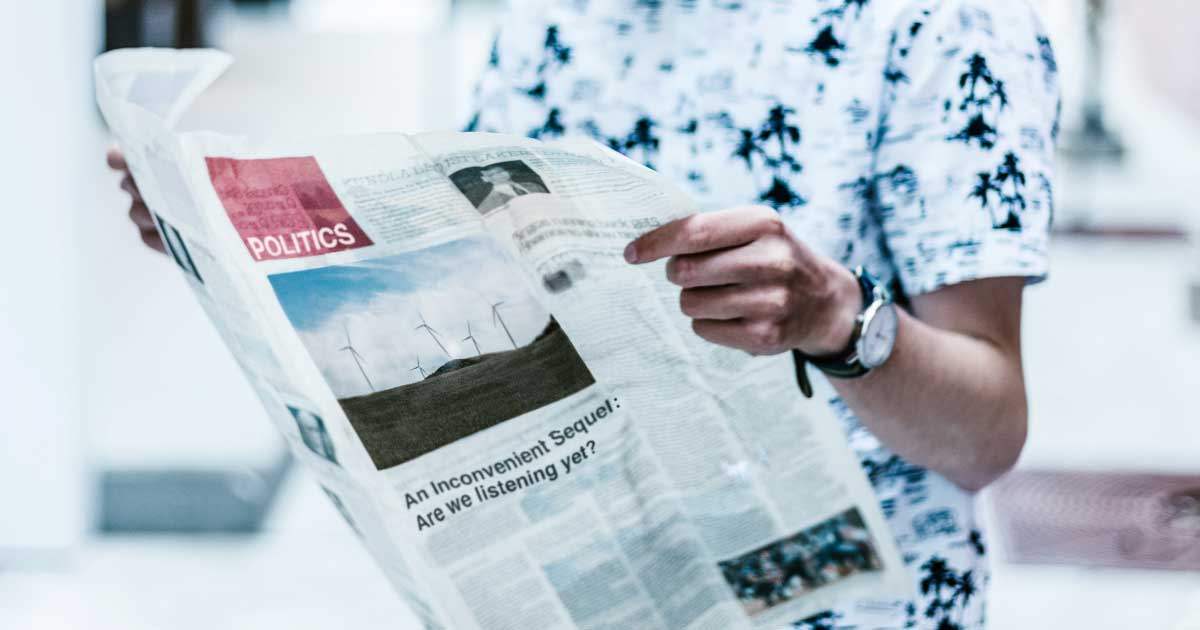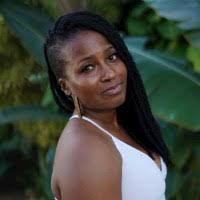Photo by Aljoscha Laschgari on Unsplash
Each day I find an expression to respond to the question “How are you?”, each day I am coping, processing and embracing the pause. I used the last two weeks to set up my new place. Gratefully these uncertain times manifested exactly what I needed, quality time with my son.
Jourden is a Black male, six foot three, hazel eyes, and can usually be seen wearing his favorite article of clothing, a hoodie. He’s a sophomore, has good grades, leisurely plays basketball, talks about being a sports or music lawyer, and has a girlfriend. With confidence, I can say he’s an excellent young man with a bright future and we enjoy talking to one another.
A few weeks ago, we had to have the “talk.” No, it wasn’t about the birds and bees; it was about COVID-19. Admittedly my son watches the news more than I, and as reports about the virus increased, he began questioning his ability to separate fact from fiction. He had so many questions that I couldn’t answer, but there was one that I was able to address. He wanted to know if his hesitation to enter an elevator full of people was justified.
Like a good parent, I explained caution was understandable and that being closer than 4 to 6 feet was ill-advised. I explained that we would practice the recommended behavior and proceed with awareness. However, there was another layer to my son’s question. He didn’t hesitate because of the number of people; he hesitated because of their perceived ethnicity. As he explained the root of his reaction, I was deeply saddened. My son, like so many people across the world, was hearing divisive information. My son explained that despite being corrected, certain individuals continuously referred to COVID-19 as the “Chinese” virus and it was clouding his understanding. At that moment, I wasn’t a Certified Diversity Practitioner; I was Mom. I wasn’t an event planner talking to a client, an association member, or industry professional; I was talking to my son.
After listening to him, explain how the information was making him think and respond. I asked him a question, “How do you feel when everyone asks you what position you play?” See, as a tall Black male, my son fits a phenotype of the next Wilt Chamberlain, Michael Jordan, or Steph Curry. When regularly asked the question, my son responds with sarcasm, “I don’t play ball”, but he usually walks away, wishing the interaction went differently. He loves talking sports but wants people to engage him beyond their limited biases.
Related Certificate Course: Inclusive Event Strategist
At fifteen, he expressed he felt powerless to change the narrative because the stereotype was fermented in the psyche of society. My son knew that the assumptions, casual remarks, and/or subtle gestures of someone mimicking a point guard's shooting form were a harmless attempt to interact, but people have made him feel targeted and singled out. Too often, he was made to feel his life could have one of two outcomes; thug or an athlete. The question I asked him was meant to trigger empathy and engagement with his unconscious.
We all like to believe we have empathy, the ability to have feelings about a circumstance that did not occur directly to us. Sometimes we relate to another based on our own similar experiences, and at times it is our imagination that fills the gaps, like when we watch a suspenseful movie. Typically, when we are lured into a trap of drawing conclusions and demanding answers, we default to a fear-based response that causes us to objectify. In that instant, we abandon empathy and forget the negative emotion associated with being the focus of attention.
This process takes place in the unconscious very rapidly. It explains Jourden’s hesitation to enter the elevator, decisions we make daily, and the rise in racial incidents towards Asians, more specifically Chinese individuals. Advocacy groups and news sources have reported a fifty percent increase in reported cases, particularly in cities densely populated by Asians. Sadly, a similar increase occurred during other pandemics and crises such as the West Nile virus, Ebola and 9/11. Unfortunately, airtime given to individuals who insist on misinforming is far greater than it should be. Seemingly innocent and urgent rhetoric to name the virus and its origins has resulted in “Othering”, the association of a group with negative stigmas which incite exclusionary activity. Like a Black Male being overlooked for their potential, beyond athleticism, or anyone being judged by a social identifier, Chinese people are being blamed for the spread of the virus globally and it’s unacceptable.
Whether you are spending quality time with loved ones, working remotely or binge-watching television shows, watching the news, talking to friends, scrolling social media, or sitting with your thoughts, I challenge you to take a definitive position against assumptions that single out, target or isolate anyone, anymore than we have to be at this time.
Conclusion
We are not powerless in this war on COVID-19, like we are not powerless in the spread of this divisive ignorance. Beginning with ourselves, we have to engage with our unconscious and challenge if the information we are digesting is fact or fiction. We must check the intent of our sources, take accountability for our unconscious responses and replace unsubstantiated claims with real information. Don’t allow political figures taking jabs at one another to inform how you move. During this time and into the future, have empathy, continually test your awareness and take a position against “othering.”



